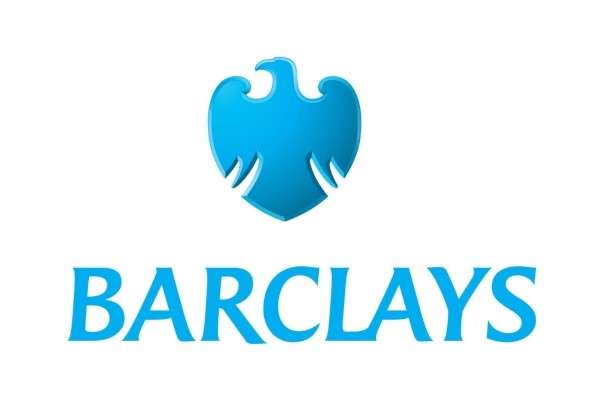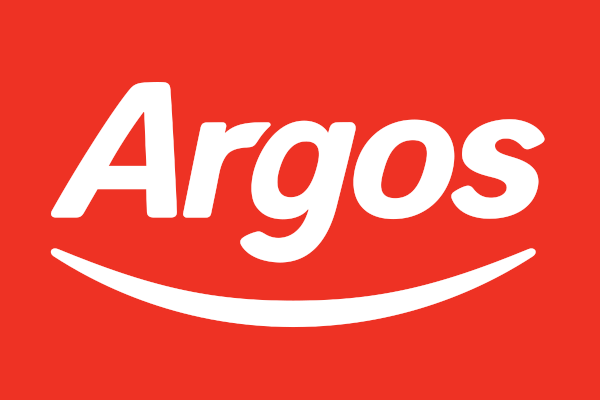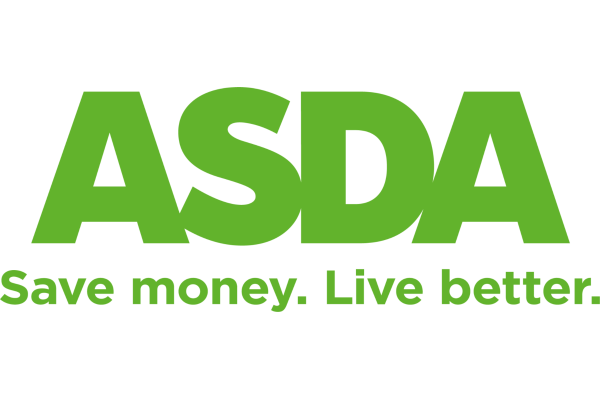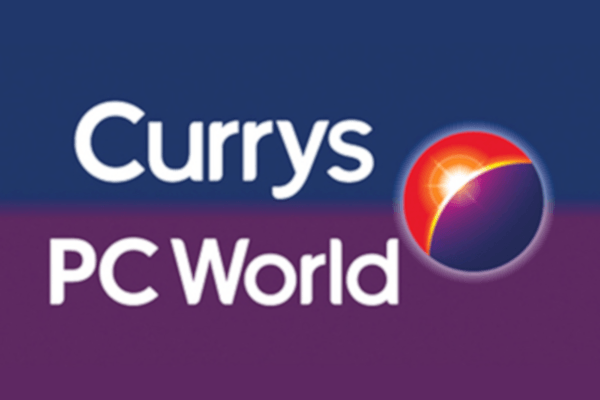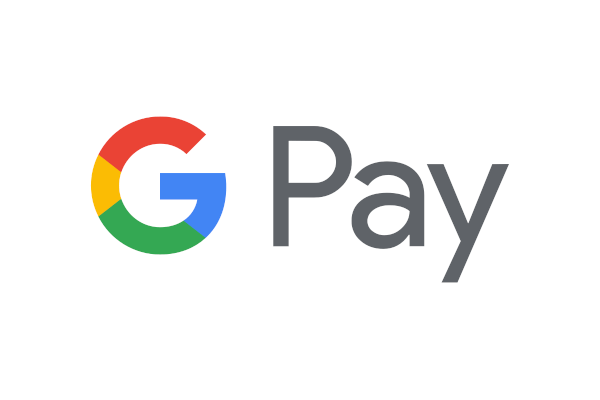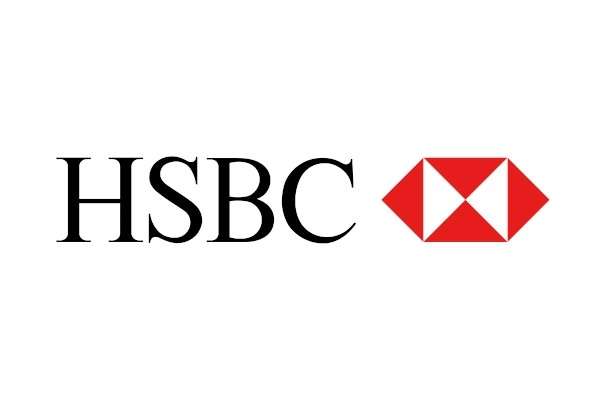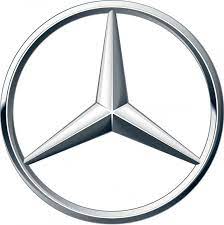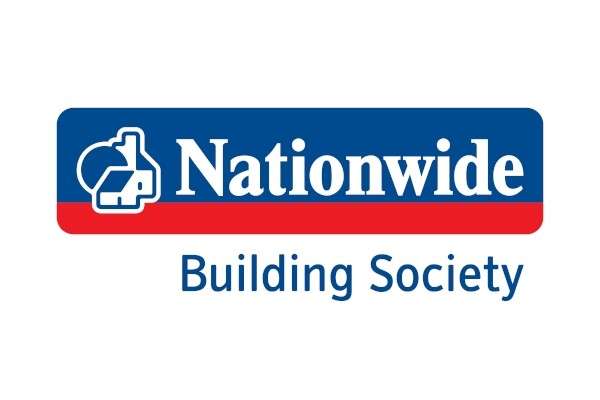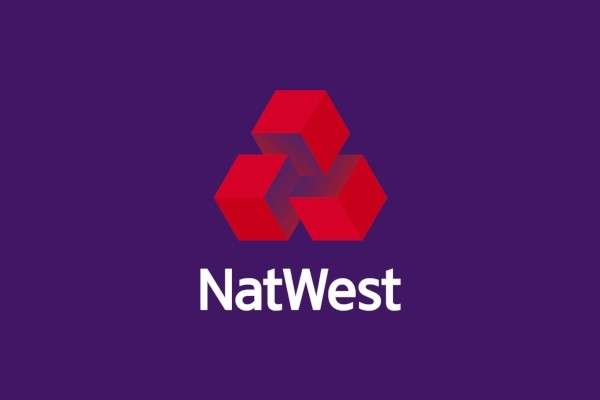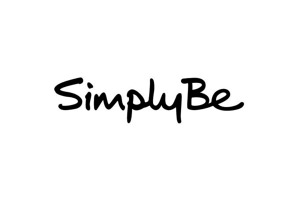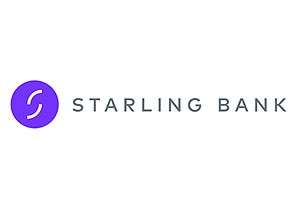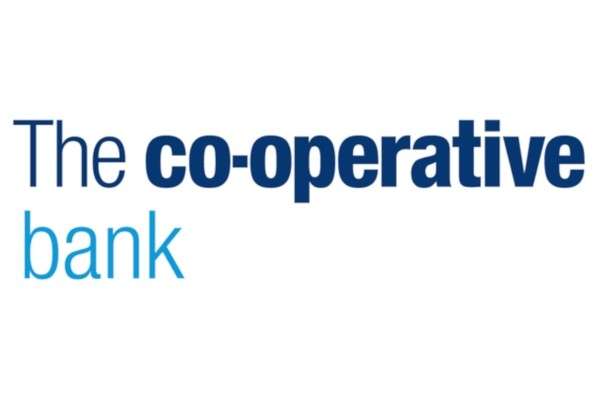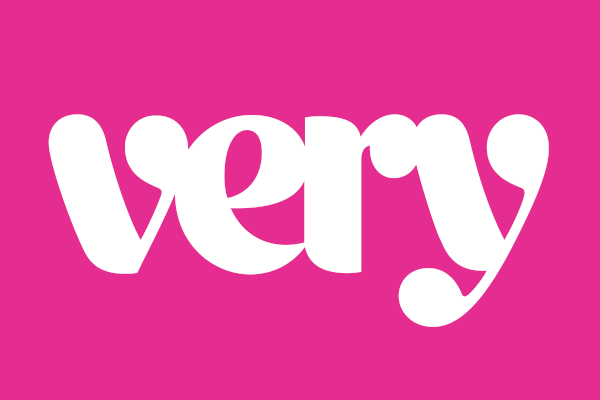
What’s Not Covered
Section 75 – What does it cover?
Section 75 is an excellent form of protection for consumers. If you order something and the seller goes bust, you can claim your money back from your credit card provider. This applies even if you’ve closed your credit card account before making a claim.
Search for a Company to begin a Claim
Section 75 applies to most credit card agreements, with some exceptions. While credit cards are the primary payment method covered by Section 75, it does also apply to store cards, store instalment credit and, in some instances, car finance agreements (excluding Hire Purchase agreements).
Some typical examples where Section 75 is useful:
• You buy something from overseas, and it never arrives
• You book flights direct with an airline that goes bust before your holiday
• You buy something from a store that turns out to be faulty
In any of the above cases, your lender is jointly liable for issuing a refund, assuming that the purchase was worth over £100.
If you’re considering making a purchase that’s worth over £100, you should pay for it (or even part of it) on credit card to make sure you’re covered.
You get the protection of Section 75 for the whole cost of an item or service, even if you only pay for a part of it on credit. However, the legislation specifies that the item you’re buying must cost more than £100 and less than £30,000. So you could pay a small deposit on Credit Card and the rest by cash or debit, and you’d still be protected.
What’s not covered by Section 75?
There are a few exceptions to what’s covered by Section 75. The main exception being any purchase that is related to the buying of land, which is regulated by the Financial Conduct Authority (FCA).
Section 75 only covers credit purchases more than £100. It doesn’t protect you on purchases that are less than that or ones that are bought on a debit card.
However, even for purchases that are less than £100, and not necessarily purchased on a credit card, there are still ways of getting your money back if you have a genuine complaint. This is called a chargeback and means that the card provider reverses the payment made if they agree you have a legitimate claim.
Some common reasons for chargebacks include:
• The company goes into administration – the company you purchased from has gone bust
• Quality of item – the goods were not as described or were defective
• Non-delivery – the goods were not received as promised
• Technical issue – expired authorisation or a processing error by the bank
• Clerical error – being charged multiple times or being billed for the incorrect amount
• Fraud – you have been the victim of fraud and did not authorise the purchase
Chargeback is not a legal right, unlike Section 75, and is part of Visa, MasterCard and Amex’s internal rules.
Chargeback also has a claim deadline, so it’s essential to act fast if you have a problem with your purchase. This is usually 120 days, as outlined by Visa, MasterCard and Amex. This timeline will start from the moment you notice there is a problem with your purchase; however, this varies depending on the circumstances.
Other situations where Section 75 doesn’t apply:
Goods and services paid for by a secondary cardholder
If you have another credit card that is for a partner, friend or child and this card was used to make the original purchase, you will need to show that the item or service provides some benefit to the primary cardholder to be covered by Section 75.
For example, if you have bought a family car or a car as a gift for the primary cardholder, then it’s likely to be covered by Section 75. But if you purchase a single plane ticket for the additional cardholder, then you wouldn’t be protected by Section 75.
This isn’t technically written into the legislation but is instead based on a ruling (62/02) by the Financial Ombudsman in 2007.
Goods and services bought via intermediaries – travel agents, PayPal etc.
If you buy something, but the payment is made to a company that isn’t the business providing you with the service or product, you’re unlikely to be protected by Section 75. In these situations, the credit card provider will usually argue that they didn’t have a direct relationship with the supplier, so they aren’t jointly liable.
A typical situation is payments made via PayPal, Worldpay or Google Wallet. These types of payment gateways have their own processes and methods for refunds, but they aren’t as legally binding as Section 75.
Using the credit card indirectly
Pay with a bank transfer or a credit card cheque and, according to the Financial Ombudsman, Section 75 doesn’t apply as it’s an indirect form of payment.
If you withdraw cash from the Credit account, then the protection also doesn’t apply to purchases you make using that cash.
Vouchers are protected by Section 75 if you use a credit card or store card, spend over £100 and purchase the coupon directly from the supplier of the product or service and not from a third-party supplier.
Where the credit provider & supplier are the same – e.g., catalogue accounts
Ultimately, Section 75 relies on an equal relationship between the buyer, lender and the supplier. If the supplier and the lender are the same company, then you won’t be protected by Section 75.
These circumstances are quite rare and would only be of concern for non-credit card lending. For example, if you purchase goods from the Next catalogue and use its catalogue credit, you wouldn’t be able to make a Section 75 claim.
Hire purchase agreements, such as car finance and electrical goods
Hire Purchase agreements aren’t protected by Section 75. If you have a complaint or believe you can make a claim for something you bought with HP, we can still assist you.
Booking through a travel agent
Section 75 is often used for flights where the airline has gone bust; however, this is only usually applicable if you purchased directly with the airline.
If you have made a booking through a Travel Agent, who directs you to packages from a tour operator, you’re unlikely to be covered by Section 75.
Most holiday packages will have ATOL protection, which will include flights, accommodation or car hire.
However, a popular form for booking holiday packages is group buying platforms, such as Groupon and LivingSocial. On these types of sites, you will usually be buying a voucher which you then redeem with a retailer or service provider. This can make claiming under Section 75 quite tricky, however, you may be able to use chargeback instead.
How do I make a Section 75 claim?
Section 75 is a legal right, so assuming that you genuinely have a problem with your purchase, and it falls into the right requirements, then you shouldn’t have a problem with getting your money back.
To make a claim, you should contact your credit card provider, even if you’ve closed the account. This doesn’t mean Visa, Master Card or American Express. Typically this will be a bank or another credit card provider – for example, if you have a NatWest MasterCard, then you should contact NatWest, not MasterCard.
Similarly, if you’re claiming for some furniture you’ve bought with instalment credit, your claim should start with the finance company (the one you repay) not DFS or SCS.
What if the company has gone bust?
If the company you purchased the service or goods from has gone bust, you should contact your credit card provider. Make it clear that you are claiming under Section 75 of the Consumer Credit Act.
If for one reason or another, your credit card provider won’t help you, then you can contact the Financial Ombudsman service to make a complaint, or use our quick complaint tool. This service is entirely free, and many people make successful claims via the Ombudsman.
The Ombudsman will investigate complaints where you feel as though you’ve been treated unfairly.
Complaints about a product and the retailer/supplier aren’t bust
If the company hasn’t gone bust, then you should go to the retailer first, even though it’s not a requirement if the credit card company is jointly liable.
Again, if the retailer doesn’t cooperate, you should then follow up with the credit company. Assuming you’re eligible and protected by Section 75, claiming from the credit card company can often prove to be a more straightforward process.
Protection for £30k+ purchases
Section 75 protects explicitly purchases made on credit between £100 and £30,000. This means that, for example, a car that costs £40,000 wouldn’t be covered by Section 75.
However, changes made in 2010 mean that there are certain circumstances where credit agreements above £30,000 can be covered.
This type of cover comes under Section 75a and increases the upper limit for claims of £60,260. The actual legislation for Section 75a can be a bit confusing and complicated, as there are particular requirements for you to be covered. The finance must be properly linked to an item (known as a debtor-creditor-supplier agreement), so the finance firm can see a clear relationship between the money and goods.
For example, if you purchased a car for £40,000 using a credit card or personal loan, then the purchase wouldn’t be protected by Section 75 or Section 75a. However, a loan specifically made for the car, arranged through the car dealership, would be covered by Section 75a.
Another significant difference between Section 75 and Section 75a, is that with Section 75 you can bring your complaint or claim to the supplier or the credit card provider because they are jointly liable for the refund. However, with Section 75a, you need to have unsuccessfully complained or tried to complain to the provider of the good or service before you can bring a claim to the credit provider.
Credit for land purchase or business borrowing isn’t protected by Section 75 or 75a.
Related Information
Narrow down your search by choosing one of the sub-categories below:
Quick Complaint Form
All companies in this category


